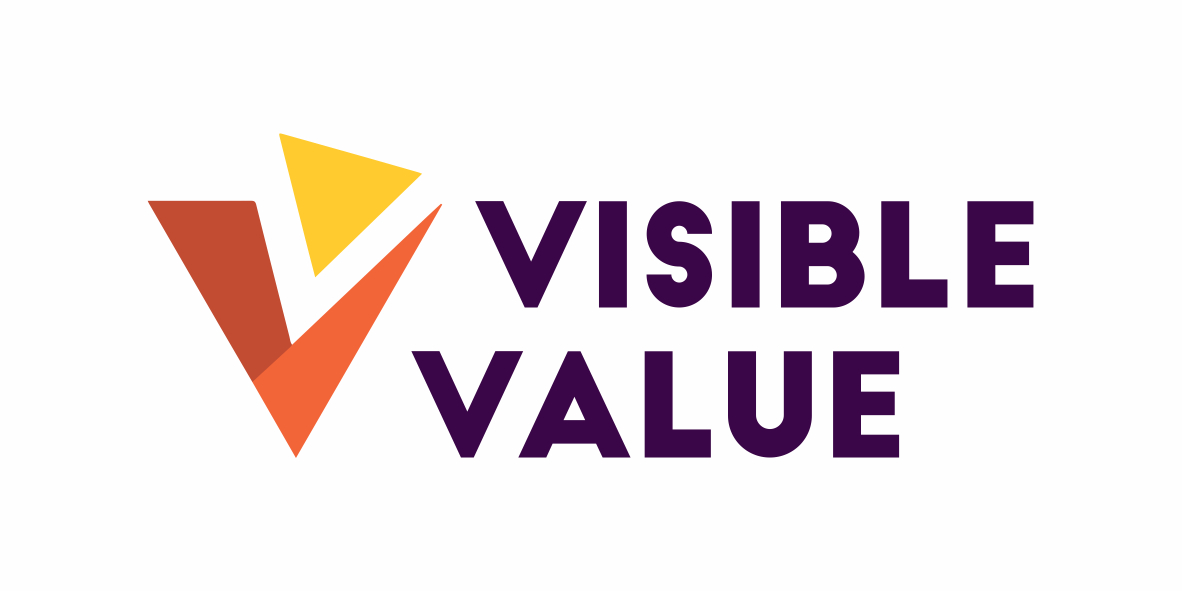Country Snapshots: Recognition of Youth Work
This section of the Visible Value aims to provide a quick overview of the state of the affairs about the recognition of youth work in the countries covered by EU-CoE Youth Partnership. In total it covers 53 country profiles (including 3 profiles for Belgium and 4 profiles for the UK).
The content in this section is based on several sources, including:
- Country reports on youth work collected by EKCYP correspondents: https://pjp-eu.coe.int/en/web/youth-partnership/country-information-youth-work
- EU Youth Wiki - an online platform presenting information on European countries' youth policies: https://national-policies.eacea.ec.europa.eu/youthwiki
- Forthcoming national contributions of the Non-programme countries to EU Youth Wiki
- An additional survey done by the editors of the Visible Value in 2021
The sources of information are indicated at the end of each profile.

Youth work is generally seen as an independent agent. It is financed by the state, local authorities and parishes. There is youth worker education in vocational education, in universities of applied sciences and on the university level. Even a doctoral program at the University of Tampere exist. There has been education on youth work in formal education since 1945. Youth work is mentioned in the National Core Curriculum as one of the co-operating partners for schools. There are many policy programmes in different policy levels integrating youth work services to service systems. Youth workers have associations. There is a state-sponsored network of centres of excellence for promoting youth work (one of them financing the original reporter of this template). The political and social recognition of youth work is in relatively good shape at the moment and has increased in the current decade. According to the future expectations survey done by an umbrella organisation of youth organisations, Allianssi, 80% of the respondents thought that the significance of youth work has increased in the last five years. Over 80% believed that the significance of youth work will increase in the future as well (Nuorisotyön tulevaisuusodotukset 2017). The recognition of learning taking place in youth work has, however, not been on the agenda in Finland. For example, in the study comparing recognition and validation in the IVS, Finland was among the countries least interested in providing recognition (Kiilakoski 2015, Youth work, volunteering, recognition and employability). Also, the discourse of learning has been slow to develop in Finland. A notable exception is the Scouts, who have been developing recognition tools in co-operation with the representatives of formal education systematically. One of the concrete tools developed has been called the Digital Competence Disk. The competence disc shows how accumulated competence (as translated into credits) gained through some specific hobbies and volunteering can be recognised in some specific studies leading to a qualification, for example: Basic Training for Guide and Scout Leaders can now be recognised as a part of a Bachelor's of Humanities, Community Education in HAMK Häme University of Applied Sciences and at Humak University of Applied Sciences.
Also, youth workshops that have been developed since the 1980s have been actively developing different recognition and validation tools to make visible the learning taking place in these facilities. There are no national competency descriptions, nor are there legal requirements for youth workers. This is due to the emphasis on professional autonomy and decentralisation policies, which together mean that the core decisions are made on the local level.
(from the EKCYP Country report on youth work in Bulgaria, complemented by data from the Youth Wiki)

